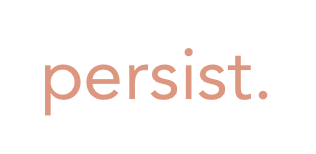The 50/50 Myth: Why It’s Not About Splitting the Tasks
You’ve heard it before: “We do things 50/50 in our house.”
Sounds fair, right? But here’s the problem: 50/50 only works if you’re measuring the whole pie.
Most couples are only counting the visible stuff like: the drop-offs, the dishes, and the laundry. But that’s just the tip of the iceberg. Underneath is the mental load is what we call the CareLoad: the planning, anticipating, worrying, and decision-making that keeps life running smoothly.
Think about a birthday party:
Someone has to plan it
Buy the gift
Track RSVPs
Order (or bake) the cupcakes
Remember the thank-you notes
By the time the candles are lit, most of that invisible work has already happened.
Here’s the kicker: if you only see half the surface, your 50% is really closer to 50% of a third. And suddenly, the math doesn’t feel so fair.
Why 50/50 Doesn’t Work in Households
Research shows mothers carry about 71% of the household mental load, compared to fathers at 29%. That imbalance isn’t about who’s doing the dishes. It’s about who’s carrying the constant mental ticker tape of logistics, emotions, and expectations.
The solution isn’t chore charts. It’s a system.
Stop: Believing Fairness = Chore Charts
The first shift is letting go of the idea that balance means an even split of visible tasks. That’s not equity, it’s optics. And it leaves the invisible labor right where it’s always been.
Shape: Redefine What Counts as “The Work”
Instead of counting chores, shape your standards of what “the work” actually is. That means naming the planning, anticipating, scheduling, and worrying. Once you see it, you can start shifting it.
Share: A System, Not a Scoreboard
This isn’t about nagging or micromanaging. It’s about building a household operating system that everyone can plug into. Persist makes the invisible visible, so tasks, decisions, and care aren’t defaulting to one person.
The Real Equation for Equity at Home
The 50/50 model was never the goal. Families don’t thrive on chore charts. They thrive on clarity, connection, and shared systems.
Persist isn’t a task manager. It’s a Household OS that helps you stop carrying it all alone, shape the load into something visible, and share it fairly.
Take the CareLoad assessment, see the full picture of your household work, and start changing the math.
